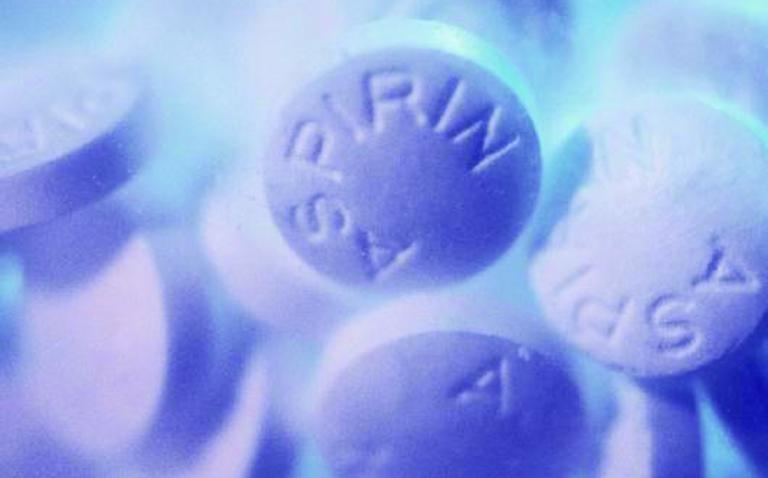Doctors have started recruiting patients for a major international trial to find out whether daily low-dose aspirin could prevent heart attacks and strokes in patients only at moderate risk.
Previous trials have shown that giving high-risk patients aspirin daily can cut incidence of heart attacks and strokes by up to a third, and fatal attacks by 15%.
But the ARRIVE (Aspirin to Reduce Risk of Initial Vascular Events) double-blind randomised placebo-controlled trial, involving 12,000 patients in five countries, could help millions of patients in the “moderate” category.
At ARRIVE’s announcement at the 2007 European Society of Cardiology Congress in Vienna, doctors said aspirin was underutilised and lives could be saved for less than a penny a tablet a day.
ARRIVE executive committee chairman Dr Michael Gaziano said: “Many patients do not have a history of CVD events or symptomatic disease, but have CVD risk profiles high enough that they will benefit from treatment with aspirin.
“We expect to significantly expand the existing, strong body of evidence supporting the use of aspirin for primary prevention of CVD events – this time in a moderate-risk population.”
The trial is being conducted in three “high-risk” and two “low-risk” countries – the UK, Germany and the USA, and Italy and Spain, respectively – and will run for five years at some 400 sites.
Researchers will observe the effect of daily low-dose aspirin on reducing incidence of initial fatal and non-fatal heart attacks and strokes in patients at moderate risk (defined as a 20–30% or 10–20%, 10-year CHD event risk).
Eligible for inclusion are men aged 50 or over with two or three risk factors, and women aged 60 or over with three or more risk factors. Risk factors include elevated total cholesterol and/or low HDL cholesterol, cigarette smoking, elevated blood pressure and family history of heart disease.
Patient exclusion factors are history of significant cardiac condition; undergoing antiplatelet or diabetes treatment; additional factors placing patients at greater-than-moderate CVD risk; other significant conditions that might affect ability to complete the study; and known raised risk of bleeding.
Primary endpoint will be evaluation of time to first occurrence of non-fatal myocardial infarction, non-fatal stroke and CV death as a composite endpoint.
A report on the study, sponsored by Bayer Healthcare, is expected in 2013.
Some 200,000 patients have been studied in some 200 secondary prevention trials evaluating aspirin efficacy and safety.
Aspirin is approved worldwide for secondary prevention of CVD events, and widely for primary prevention of heart attack. Several trials show a significant 23% reduction in risk of first MI in patients without known cardiovascular disease.
The World Health Organization says heart disease and stroke are the world’s top cause of death, accounting for 30% of deaths (17.5 million people) yearly.
The financial burden is enormous. In the EU alone in 2006, cardiovascular disease cost an estimated €169bn.










